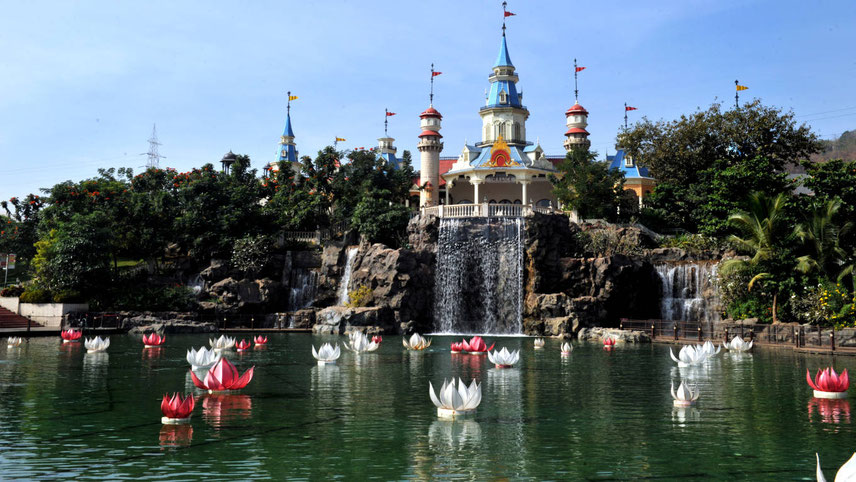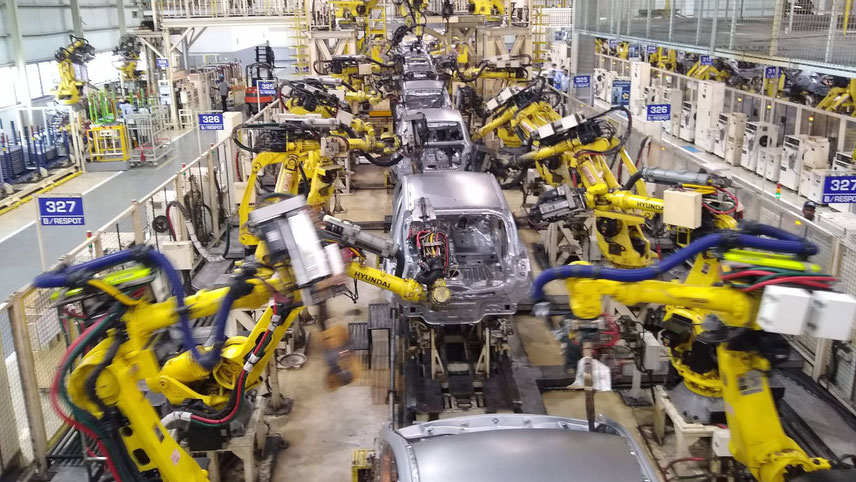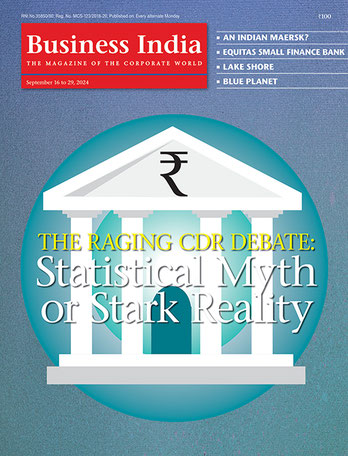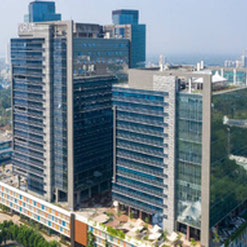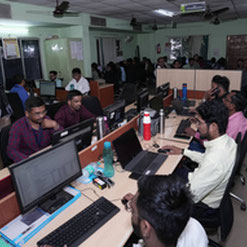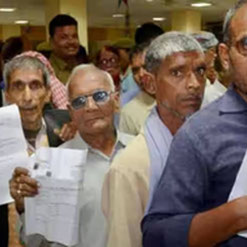Fearing that unrest among trade unions could derail the process of privatisation, the Modi government has agreed to the main demands of Air India employees of bearing the cost of liquidation loss on account of transfer to the Employees' Provident Fund Organisation (EPFO) from company-owned trusts, inclusion of employees in the Central government health scheme (CGHS), and encashment of leave. With Tata Sons consolidating its position as the front runner to take over the national carrier, the government is keen that no untoward development derails the process at this stage. The process of disinvestment has reached the third stage, with the bidders completing the due diligence process. The Tatas have appointed Bain & Company and Seabury Group for the process. If all goes as planned, the financial bidding will start by the second week of September. The selected financial bids will have to be approved by a committee of secretaries and then the ministerial panel. There may be a requirement to take approval from the Central Vigilance Commission if the government receives only a single bid. The Department of Investment and Public Asset Management is hopeful of concluding the sale by the end of this financial year. The template of the Air India process will now be followed for other public sector undertakings, up for privatisation at a later date. The group of ministers led by Home Minister Amit Shah has decided to release budgetary support to meet the demands if the total outgo, which is projected to be around Rs250 crore, crosses the figure. The eight employees unions of Air India have been urging the government to iron out the kinks in matters concerning human resources, including provident fund (PF), medical, and other welfare benefits. Air India has 16,077 employees, of which 9,617 are permanent, entitled to gratuity and other benefits. The issue over PF arose after the airline management decided to transfer PF accounts to the EPFO before transferring ownership of the airline. However, the process requires premature liquidation of securities held by trusts, which would have resulted in either surplus or shortfall in the corpus – depending upon prevailing market conditions. Both trusts have already incurred significant losses in their corpus due to investments in bankrupt companies, such as Infrastructure Leasing & Financial Services and Dewan Housing Finance Corporation.
-

The template of the Air India process will be followed for other PSUs















